Open Justice 1/2
Salle / Hall : Sorbonne - Salle D-632
Horaire / Schedule : 11h00 - 12h00
Président de séance : Pablo Oscar Gallegos Fedriani (Directeur de Chaire de spécialisation en Droit Administratif - Université de Belgrano - Buenos Aires (Argentine))
Langue / Language : Français / Portugais
Intervention 1. La numérisation de la justice et les perspectives ouvertes par les NTIC
Pablo Oscar Gallegos Fedriani - director de la carrera de especialización en Derecho Administrative - Universidad del Belgrano - Buenos Aires (Argentine)
Intervention 2. The accessibility of the Supreme Court in the Informational Society in view of the TV Transmition of its judgements
Henrique Nelson Calandra - Président de l’Association des Magistrat Brésiliens (Associação dos Magistrados Brasileiros), Juge d’appel du Tribunal de l’État de São Paulo, Instituto do Capitalismo Humanista (Brésil)
The television transmission of the judgements of the Supreme Court is an instrument of open justice, as it opens access to the population and the professionals to every discussion held, with an educational and prophylactic effect and, more than that, pointing out a complete transparency of the judgements and discussions. No issue is set aside analysis and critics, with the broader disclosure provided by the television. Differently from other courts, the divergence is public, in addition to being merely published. Nothing, thus, runs in secrecy of justice. Tormented issues, such as anencephalic fetuses, demarcation of land for Indians and, also, everyday issues, that would not reach the Supreme Court in other countries, among us they are discussed in view of the Constitution, with open access and disclosure to the population in general. So, what happens in Brazil is that the Supreme Court plays the role of a Constitutional Court and, at the same time, performs the ultimate judgment of issues related to common justice, and for this matter becomes a well-known court of the population, which causes a closer relationship between the Judiciary and the informational society. This relationship is necessary for the subjective rights and human right of action, as it brings effectiveness to the population that the judiciary is present and real.
Intervention 3. Justice Numérique
Intervention 2. Ronaldo Andrade - Professeur Phd., Université pontificale catholique de São Paulo et Magistrat, Instituto Capitalisme Humanista (Brésil)
Concept. Transparence de la justice. Publicité de les actes de procédure. Jugement par visioconférence. Procédure et protection de données personneles et le jugement eletronic. Le jugement par ordinateur.
Intervention 4. Electronic court proceedings and transparency of Justice
Daniel Willian Granada - Professeur, Université pontificale catholique de São Paulo (Brésil)
The judicial process has experienced a number of modifications, all connected with the latest technological innovations experienced, especially in the sphere of information technology. In this sense, the electronic judicial process is one of several embodiments and implementation of the transparency of justice, in that it allows not only the parties involved in the case, but all people to have access to the proceedings pending before the courts, since, of course, the process is not protected under judicial secrecy of the mantle. Therefore, the broad access provided by the electronic processing system is undoubtedly one of the main guidelines to be implemented in the world for search transparency of Justice.
Intervention 5. The fundamental rights of access to justice in the view of the electronic proceeding
José Wilson Gonçalves - Professeur, Université pontificale catholique de São Paulo, Juge au Tribunal de Justice de São Paulo (Brésil)
The access to justice is a fundamental right, and essential to the vigor of the rule of law, as, in current days, it is through the judiciary power that the citizens, who feel damaged in its rights, can rely on the judicial system, in order to receive judicial protection. Hobbes would be astonished if he had conscious, that one day the judiciary power would become the Leviathan he had imagined, with the aim to pacify the social environment. In the context of the digital proceeding, the access to justice, that is, the access to the judicial system, arising the Leviathan for the benefit of the pacification of the environment was intensified, assuring the effectiveness of such fundamental right. The judicial protection shall be appropriate, also temporarily, and the digital proceeding reflects this fundamental demand.
Intervention 6. Judge´s independence as a request for democracy and governmental transparency
Valdir Ricardo Lima Pompeio Marinho - Juiz Assessor da Presidência, Tribunal de Justiça de São Paulo
Beyond the traditional role of imparcial third party in the resolution of conflicts, the judicial intervention in the political system can be profound, influencing the connections between the state and citizens, as well as the relationships between the various social actors. Recent cases of threats and attacks agains Brazilian judges demonstrate that it is vital that de Judiciary Branch be provided of a strengthened structure to support the threatened judges and their families, In this context, organic security is relevant due to its potential impact on the independence of the judicial bodies themselves.
Intervention 7. The judiciary power - transparency and duty of informations
José Luiz Pinheiro Lisboa Miranda, Lawyer of Office Arruda Alvim & Thereza Alvim advocacy, São Paulo (Brasil)
The actions and results taken by the legal power must be permeated with transparency, including with regard to account management and contracting, which can be done by releasing the data in a way that all persons can know and supervise providences and actions. This is one of the possibilities to promote "open justice" that seeks to bring information through digital means to the people, in compliance with the principle of transparency, publicity and efficiency, whose objective is the realization of the rights foreseen in the legal order.



